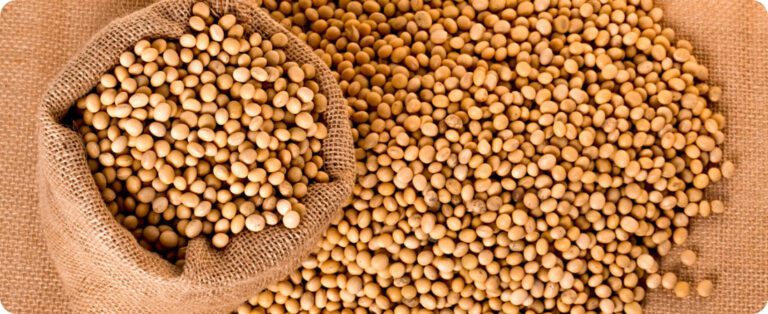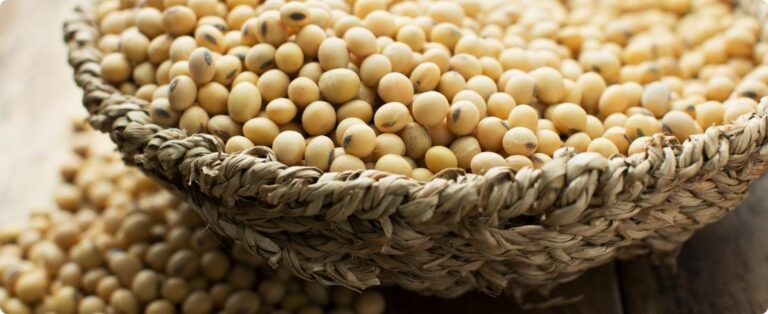Brazil has reached the mark of 60 foreign markets open for agricultural products since January 2019. The most recent is the authorization of establishments to sell dairy products to Thailand, as announced this Friday (22) by minister Tereza Cristina (Agriculture, Livestock and Supply) during a webinar on opportunities and perspectives for the agricultural sector during the coronavirus pandemic, promoted by the Institute of Engineering.
Among other products that will be exported are melons to China (the first Brazilian fruit for the Asian country), baru nuts to South Korea, sesame seeds to India, Brazil nuts to Saudi Arabia and poultry genetic material to several countries.
“The Ministry of Agriculture, in the international area, opted to open more markets, but also to diversify products”, highlights the minister, highlighting that the export agenda should not be concentrated only on soybeans, corn, meat and sugar cane .
Agribusiness exports reached a record value in April, surpassing the barrier of US$ 10 billion for the first time in the month. The previous record for foreign sales this month occurred in April 2013, when exports totaled US$ 9.65 billion. The value last month (US$ 10.22 billion) was 25% higher compared to April 2019 (US$ 8.18 billion).
The record was achieved mainly due to the increase in shipments of soybeans, which grew by 73.4%, with 16.3 million tons. China was the main importer of the product, purchasing 11.79 million tons or 72.3% of the total quantity exported.
The minister emphasizes that the priority is always to guarantee the supply of food and other agricultural products on the domestic market. In this way, he highlights that the expansion of exports will not be done without prioritizing Brazil's internal demand. “We are monitoring what we harvest, what we sell. This monitoring is essential for Brazil’s food security and also for compliance with our trade agreements”, he says.
According to Tereza Cristina, there is no risk of a lack of food in the Brazilian market.
After the new coronavirus pandemic, the minister predicts that countries will become more protectionist, closing their markets to foreign products. To continue expansion in the international market, Brazil, according to Tereza Cristina, must advance in the areas of plant and animal health and traceability to maintain the trust of importers, in addition to the parties finding a balance.
“Brazil already produces abundantly and with high quality. We need to annex more Brazilian states in this excellence”, he states, citing work that has been developed by Mapa with rural producers in the semi-arid region.
Another point to be overcome, according to the minister, is transport logistics, and it is necessary to look for ways to make the flow of agricultural production cheaper and more effective.
Source: Notícias Agrícolas
READ TOO:
{module 441}
{module 442}















